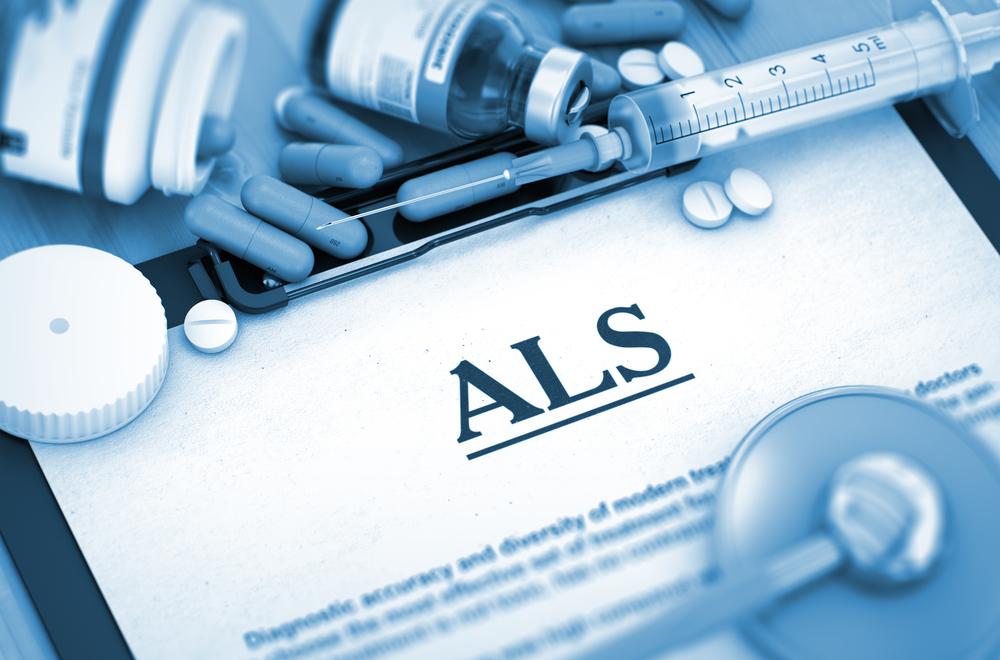
ALS – Its symptoms and complications
The Amyotrophic lateral disease (ALS) also referred to as Lou Gehrig’s disease because it was the disease was first detected in Lou Gehrig, a famous baseball player back in 1830’s. It is a type of degenerative disease that targets the brain and spinal cord. ALS is a chronic condition that causes loss of control of voluntary muscle.
People suffering from ALS symptoms and complications find difficulty with speech, swallowing, limb movements. There has been no cure found for it yet, unfortunately.
Most of the ALS cases are sporadic, which means it occurs at irregular intervals. There are no specific causes of ALS. Researchers from across the country and around the world estimate that only 5 to 10 percent of the cases are due to genetic alteration. Some scientists believe that ALS could be due to free radical damage, an immune response that affects the functioning of motor neurons, the imbalance in the glutamate, a chemical messenger or a buildup of abnormal proteins inside the nerve cell.
People aged between 50 to 60 usually begin to suffer from symptoms and complications of ALS.
Symptoms and complications of ALS
ALS is associated with the progressive loss of motor neurons. The symptoms of ALS depend on the area of the nervous system that is affected. The Symptoms of ALS and complication differs from person to person.
The medulla of the brain controls many of the body’s autonomous functions such as breathing, blood pressure, and heart rate. ALS damages the medulla that causes slurred speech, hoarseness, difficulty in swallowing, extreme emotional reactions such as laughing or crying, loss of control on the tongue muscle which is usually referred as tongue atrophy.
ALS also damages the corticospinal tract which causes spastic limb weakness. The degeneration of the anterior horn of the spinal cord causes limp muscles, twitching. The condition makes the diaphragm and other respiratory muscles weak which causes difficulty in breathing.
A person suffering from ALS might experience difficulty in performing daily tasks such as climbing stairs or getting up from a chair. As the disease progresses, the symptoms and complications due to ALS might lead to weight loss due to muscle wasting. Bilateral muscle weakness becomes common as the symptoms generally spread to both the sides of the body.
One of the most common symptoms and complications that arise due to ALS is cognitive impairment. A person suffering from ALS might experience behavioral changes without mental decline. Some of the most common cognitive related ALS symptoms are inattention and slow thinking. The complications that arise due to ALS include choking, pneumonia, malnutrition, and bedsores.
As the symptoms and complications due to ALS worsen, it becomes difficult to breathe and digest. As the body parts start to deteriorate, the skin and tissue underneath. To treat ALS, a team of doctors and specialists is required to work together. Some of them include a neurologist, a nutritionist, a gastroenterologist, a respiratory therapist, a social worker, and a mental health professional.
Medical treatments cannot eliminate the symptoms completely but they can prolong life by several months.
As mentioned above, there is no cure for ALS but, there are medications and supportive care that can help improve the quality of life of the person suffering from symptoms of ALS. Proper mental and physical healthcare can help one deal with symptoms and complications of ALS.




